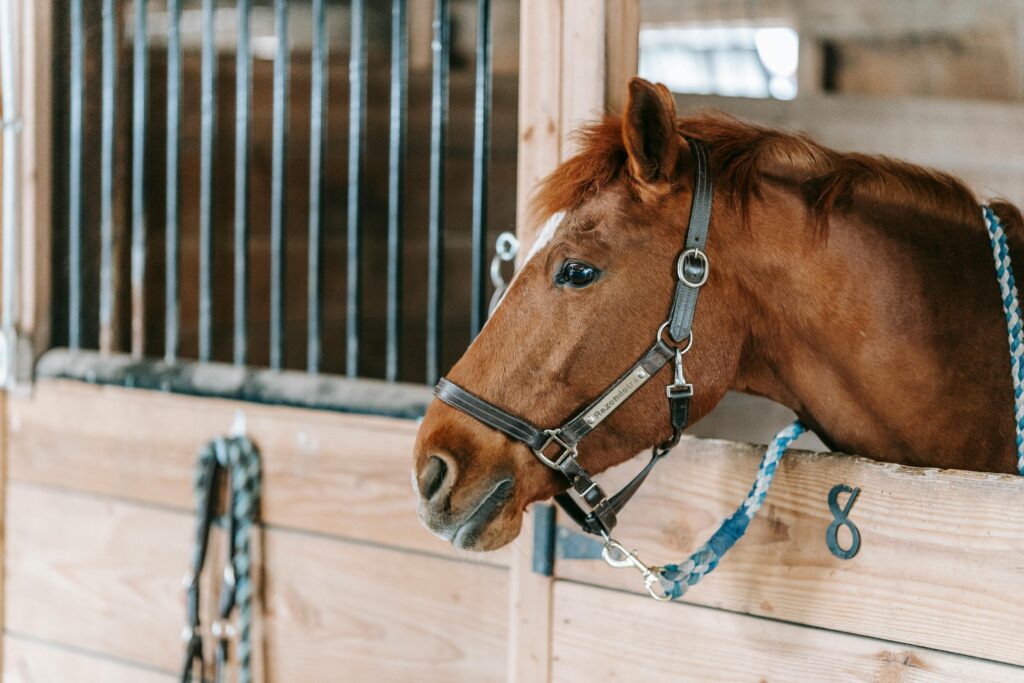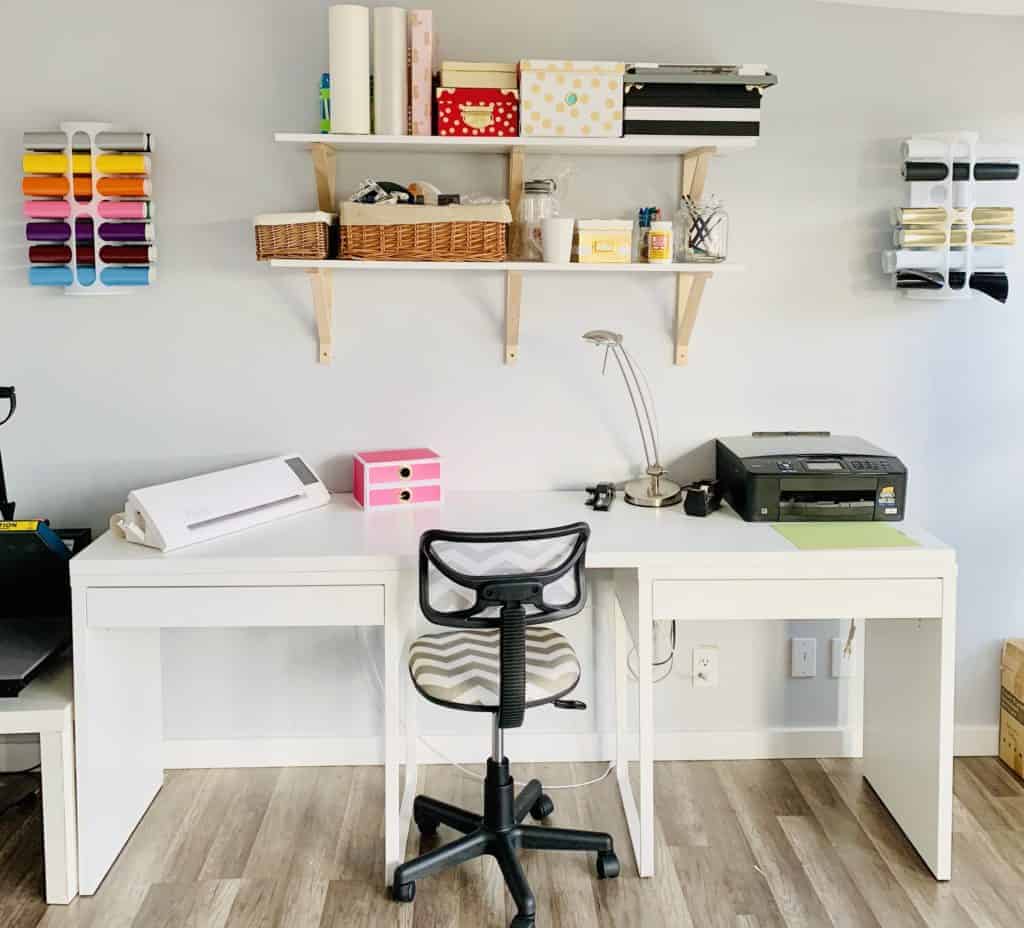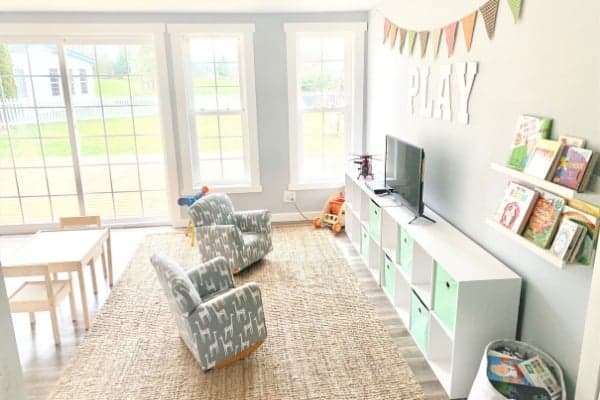Modular barns have recently gained popularity for their innovative design, cost-effectiveness, and sustainability. These barns offer a versatile and efficient alternative to traditional construction for anyone needing agricultural, equestrian, or storage solutions. This article explores the numerous benefits of modular barns, with a focus on their customization options, efficiency, and sustainability. Whether you’re a farmer, horse owner, or someone needing extra space, modular barns provide a practical, eco-friendly solution.
What Are Modular Barns?
Modular barns are prefabricated structures that are built off-site in sections or modules and then transported to the assembly location. Unlike conventional barns, which require extensive on-site construction, modular barns are designed for quick assembly. Their modular nature allows for greater flexibility in design, and the entire construction process is significantly faster than traditional methods.
Customization: A Barn Built for Your Needs
One of the standout advantages of modular barns is the level of customization available. No two farms or properties are identical, and modular barns can be tailored to meet specific requirements. Whether you need a small structure for storage or a large barn for livestock, the modular design allows for flexibility in size, layout, and features.
Flexible Layouts
Modular barns can be designed with various layouts to accommodate different needs. For example, horse owners can opt for multiple stalls, tack rooms, and wash bays. At the same time, farmers prioritize storage space for equipment and feed. This flexibility is beneficial for those who anticipate needing additional space.
Design Options
In addition to layout, modular barns offer a wide range of design options. You can choose materials, colors, and architectural styles to match your property or personal preferences. Many manufacturers provide upgrades such as skylights, ventilation systems, and durable flooring materials, allowing you to create a barn that looks good and functions efficiently.
Future Expansion
Another great benefit of modular barns is the potential for future expansion. This makes them ideal options for farmers or property owners who may need more storage or space for livestock down the line. Traditional barns would require extensive renovation to expand, but modular barns make the process much simpler and less costly.
Efficiency: Speed and Cost-Effectiveness
Modular barns are customizable and incredibly efficient in terms of time and cost. They are designed to be constructed faster than traditional barns, making them a more practical solution for those who need a barn quickly.
Cost-Effective Solution
Modular barns are often more affordable than traditional barns. The controlled factory setting where the modules are built reduces waste and allows more efficient use of materials. Additionally, because the construction process is faster, fewer labor costs are involved. Modular barns offer an economically viable option for anyone looking to save on materials and labor.
Less Disruption
Because much of the construction happens off-site, assembling modular barns is far less disruptive to your property and daily activities. For farmers and property owners, this means minimal disturbance to the land and less interference with daily operations. Whether running a farm, an equestrian facility, or simply managing a large property, the reduced construction time and hassle are significant advantages.
Sustainability: Building with the Environment in Mind
In today’s world, sustainability is a critical consideration in any construction project. Modular barns offer a more environmentally friendly option than traditional barns, both in the building process and the finished product.
Reduced Waste
Building modular barns in a factory creates much less material waste than building them traditionally. With precise measurements and efficient use of materials, manufacturers can minimize off-cuts and leftover materials, reducing the overall environmental impact.
Energy Efficiency
Modular barns can be designed with energy-efficient features, such as improved insulation, skylights for natural lighting, and advanced ventilation systems. For those in colder climates, efficient insulation can help maintain a stable temperature inside the barn, reducing the need for additional heating.
Eco-Friendly Materials
Many manufacturers of modular barns offer eco-friendly material options, like wood from sustainable forests or recycled metal. These materials reduce the construction process’s environmental impact and contribute to the barn’s overall sustainability. By choosing modular barns made from eco-friendly materials, property owners can feel confident that their building choices align with their environmental values.
Minimal Site Impact
Traditional barn construction often requires extensive site preparation, which can disrupt the land and its natural ecosystems. Modular barns, however, cause minimal disturbance to the site. Because the majority of the construction is done off-site, the assembly process is quick and requires fewer heavy machines. This results in less soil disruption and a lower environmental footprint, making modular barns a more sustainable option for those looking to preserve the natural landscape.
Conclusion
Modular barns provide a unique blend of customization, efficiency, and sustainability, making them a superior choice for property owners who need functional and versatile structures. With endless design options, fast construction times, and eco-friendly building methods, modular barns are a practical and cost-effective solution.
Whether you’re a farmer needing a new barn, an equestrian enthusiast looking for stable space, or someone seeking an efficient storage option, modular barns deliver exceptional benefits. From their customizable designs to their sustainable building practices, modular barns offer a forward-thinking alternative to traditional barns—one that meets the needs of both property owners and the environment.





